The implementation of the EU SUP (single use plastic) directive banned the use of single-use plastics in shopping bags, disposable tableware and other areas, and did not make special treatment of biodegradable plastics. The implementation of the SUP Directive, European countries have different policies, such as the upcoming implementation of the Italian "plastic ban" on the 14th, choose to exempt biodegradable plastics to support the country's bioplastics industry.
As anti-plastic legislation takes effect in countries around the world, the industry is looking for new ways to package food and beverage products without sacrificing quality, shelf life and hygiene. Biodegradable materials are an increasingly popular choice, with a focus on large-scale investment and R&D exploration of bioplastics that break down naturally after use and do not harm human or environmental health.
PackagingInsights spoke with some of the industry's top experts to discuss the latest trends, research and business developments in biodegradable packaging innovation.
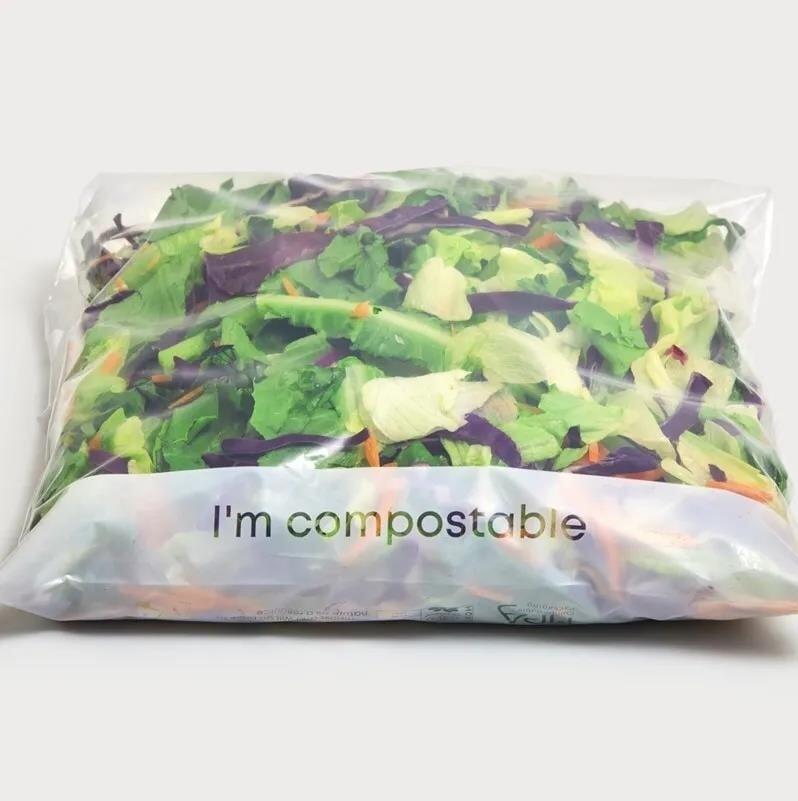
Together with Daphna Nissenbaum, CEO and co-founder of compostable packaging giant Tipa, Gaute Juliussen, CEO of graphene bioplastics specialist Toraphene, and the European Bioplastics (EUBP) Association, we examine the definition of biodegradability, its uses and misuses, policy changes, cost competition, and latest scientific findings.
1. What does biodegradable mean?
While many packaging products claim to be biodegradable, there is confusion about the meaning of the term. Robbie Staniforth, head of innovation and policy at Ecosurety, the UK's recycling compliance scheme, called for clarity, highlighting the misunderstandings and industry manipulation that often lead to environmental damage.
While companies use the term to enhance their environmental sustainability credentials, the reality of the material's natural biodegradability is often overstated and can lead to contamination.
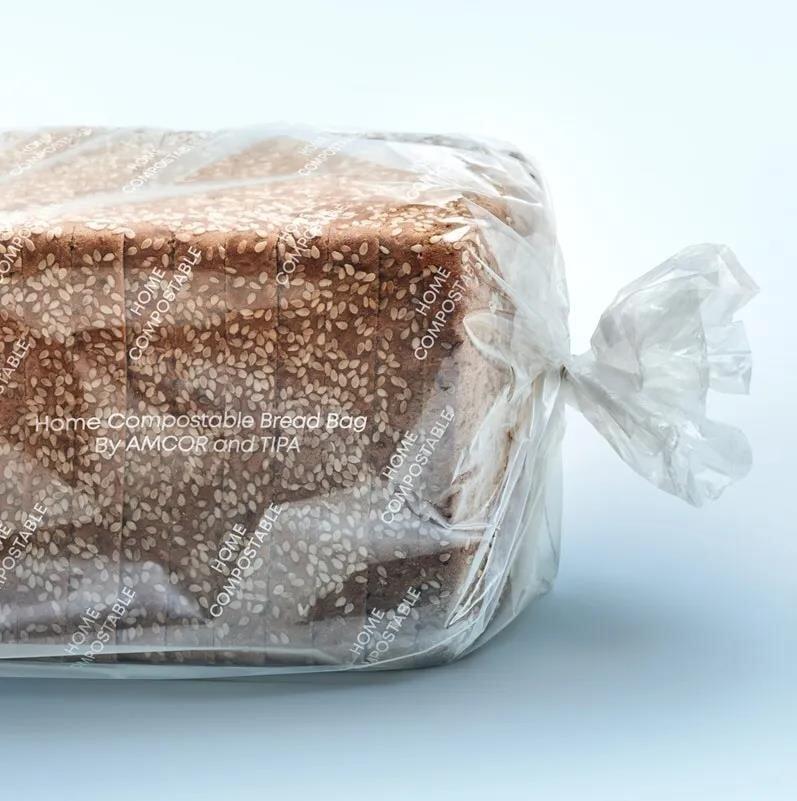
The UK government defines biodegradable plastics as those that can be broken down into water, biomass and gases (such as carbon dioxide and methane). Biodegradability depends on environmental conditions, such as temperature, humidity, the presence of microorganisms and oxygen.
According to a consultation last year, these materials (biodegradable materials) have a "limited but effective role" in applications where conventional plastics are often too polluting to reuse or recycle.
However, there are repeated concerns about the extent to which plastics labeled as "biodegradable" actually biodegrade in the open environment. Other respondents were concerned that biodegradable plastics may encourage littering if they are perceived to be somehow environmentally friendly.
2. Benefits of bioplastics
Despite these problems, biodegradable and compostable plastics (with more strictly defined properties) are an important solution to freeing the world from the need for traditional fossil-fueled plastics, an EUBP spokesperson explained.
For compostable packaging, accepted standards exist to make the material suitable for industrial composting.
"Biodegradable and compostable plastics add value in a range of applications, for example, where packaging is heavily contaminated by food waste and therefore cannot be recycled. It ends up primarily as residual waste, where it is incinerated or landfilled. Compostable plastic packaging that is contaminated with food can be recycled organically at industrial composting plants," the spokesperson explained.
They assert that the performance of compostable materials is often similar to, and sometimes exceeds, that of conventional materials.
However, due to the confusion and misunderstanding about biodegradable materials. "We have conducted extensive research on proven biodegradable and compostable materials to further improve performance and biodegradable behavior," they added.
According to market data compiled in collaboration with nova-Institute, EUBP recently revealed that global bioplastics production will more than triple over the next five years (2021-2026).
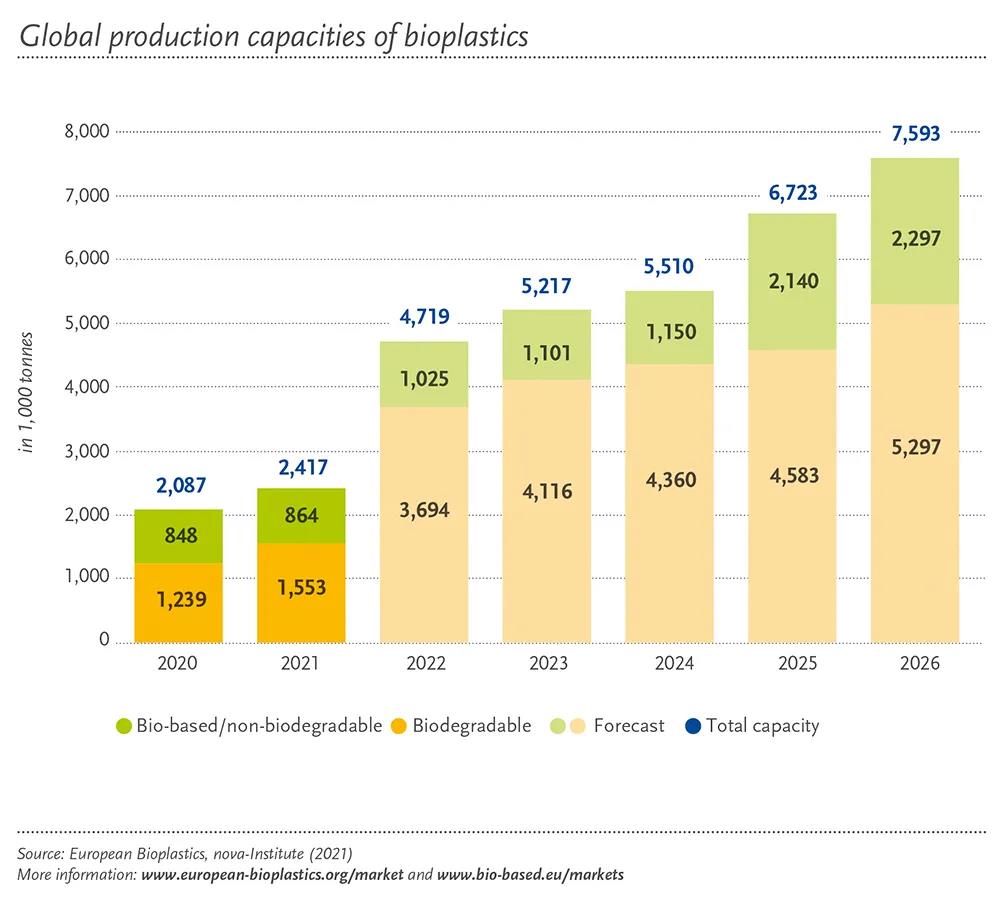
3. Israel's innovation
Meanwhile, Tipa, which recently received $70 million in funding, is leading the way in designing new compostable solutions for reliable biodegradable packaging.
Nissenbaum asserts that advanced technology and communications are attracting significant consumer and investor attention to the industry. "Compostable technology, and the infrastructure to support it, continues to advance as the demand for recycled and fully sustainable solutions continues to grow," she said.
"More compostable films and composites with sophisticated properties have hit the market, home and industrial composting is becoming more mainstream, certification bodies have begun to simplify requirements for compostability, and consumers have learned to see compostable packaging as a completely [environmentally] sustainable solution for conventional plastics."
She said compostable packaging could be the central answer to the problem of flexible plastic packaging, which generates at least 30 million tons of waste each year, less than 2 percent of which is recycled.
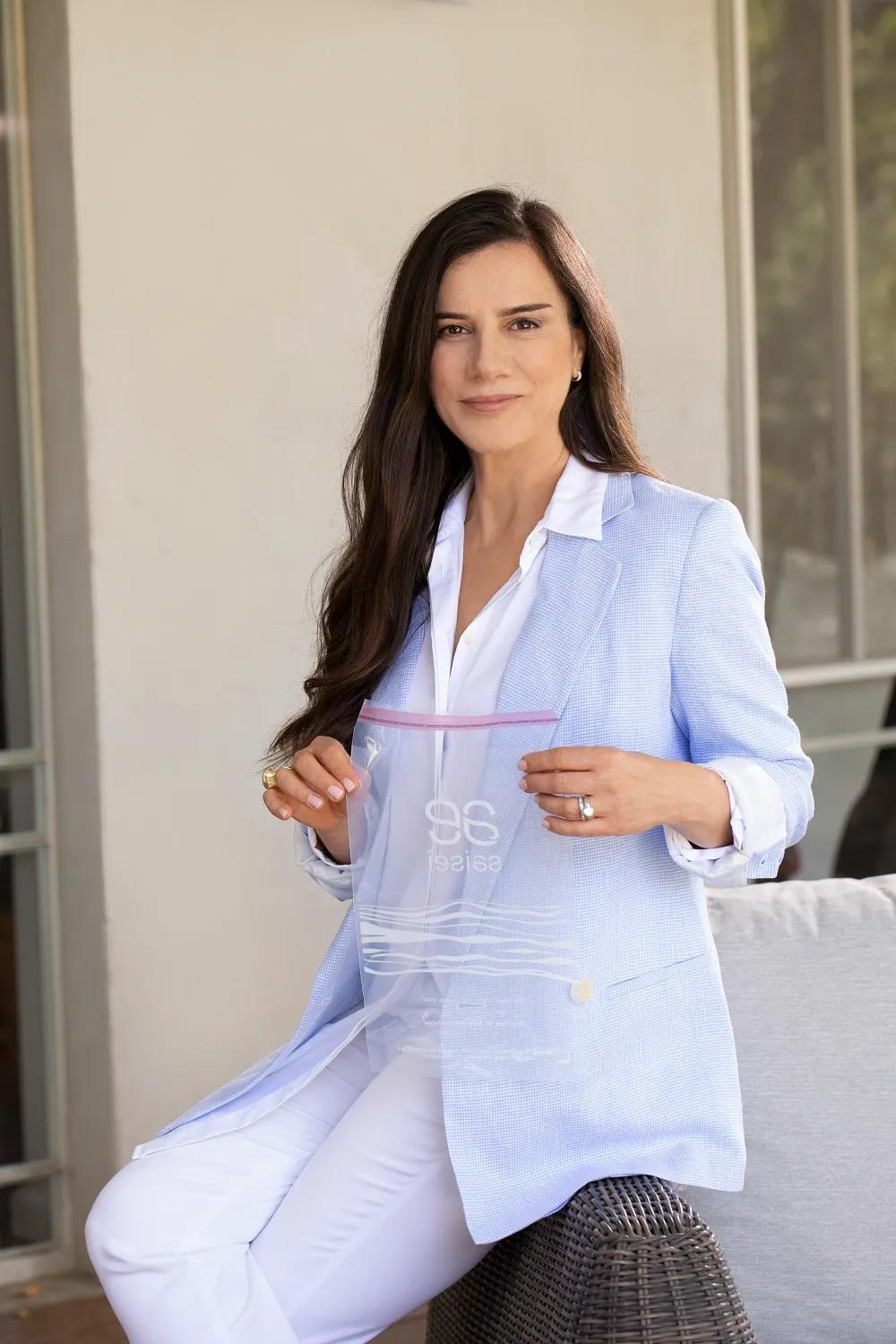
Daphna Nissenbaum, CEO and co-founder of compostable packaging giant Tipa
Last year, the company released its first home-compost certified clear laminate, T.LAM 608 - a two-layer laminate with medium barrier properties that converts into pre-made bags such as stand-up pouches, zipper bags, open pouches, side corner gusset bags, pillow bags and strip wrappers.
4. Price issues
One of the main issues in bringing biodegradable packaging to market is achieving cost competitiveness with traditional plastics, EUBP said.
"In many cases, conventional plastics are far less expensive than bioplastics. Criticism that bioplastics are too expensive raises the rhetorical question of whether conventional plastics are not just too cheap. (The environmental impacts they trigger are not accounted for in the cost.)" the spokesman said.
Last year, a WWF report found that the total social cost of conventional plastics (non-biodegradable plastics) is at least ten times their official pricing, taking into account their environmental impact.
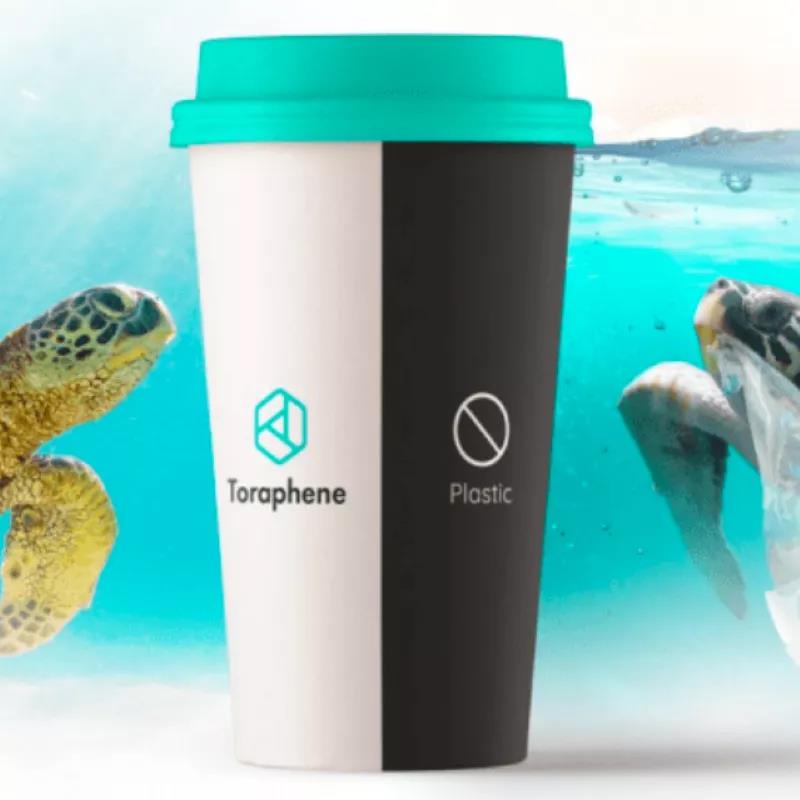
Another key challenge is the general lack of acceptance of the waste infrastructure, which in many cases is that people don't understand the performance of biodegradable plastics in industrial composting, the spokesperson continued.
"With strong political support, most of these challenges can be easily overcome. Unfortunately, the EU still lacks a coherent policy. Biodegradable and compostable plastics can compete well with conventional plastics, but politics needs to ensure a level playing field," they asserted.
5. Bleaching green concerns
Meanwhile, Juliuson, whose Toraphene launch created a graphene-based biodegradable material to replace plastic, is currently difficult to identify in the market and lacks penalties for greenwashing practices. Pseudo-degradable plastics that are mixed with cheap conventional plastics are allowed to be marketed.
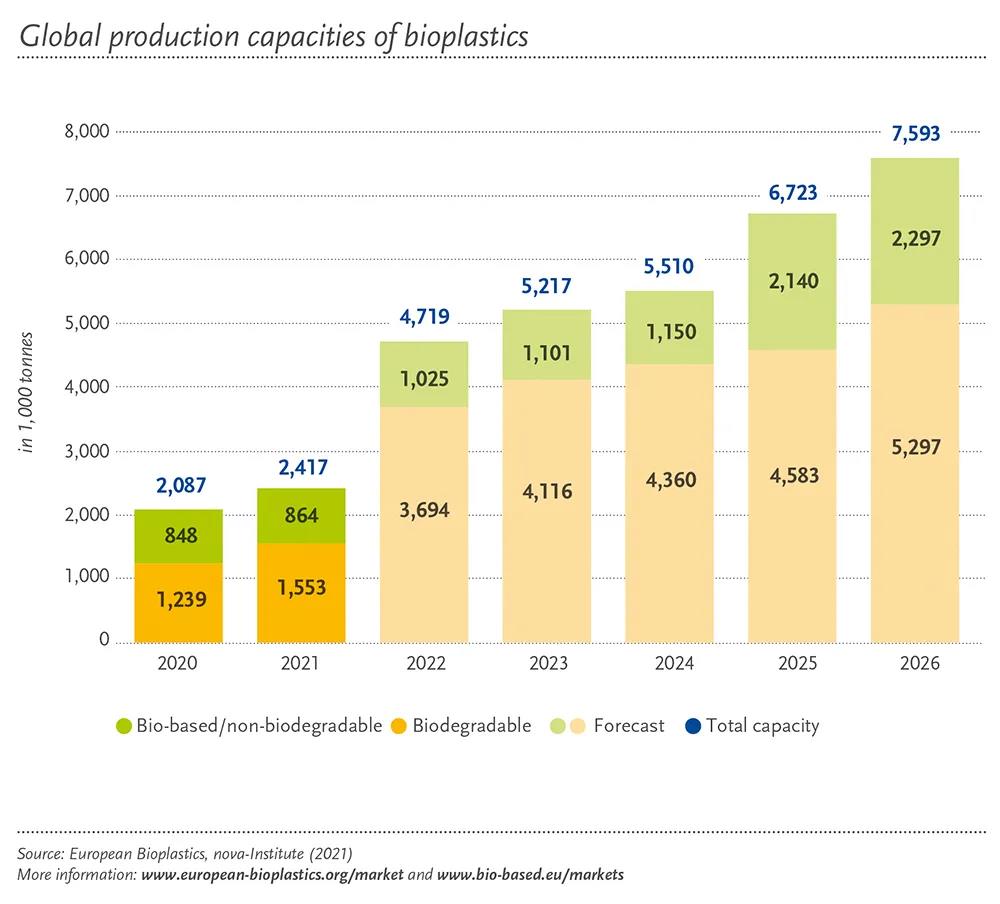
EUBP estimates that global bioplastics production will more than triple in the next five years
"This means that truly bio-based products and truly compostable products can't compete or even get to market," he says.
However, Juliussen also expects that the cost of bio-based non-food crops (straw, etc.) for biopolymer production will gradually decrease as the scale increases.
"This [improvement] will be driven by innovation and government tax incentives, subsidies and loans," he asserted.
6. Policy support, the need for reform
Last month, the Food and Agriculture Organization of the United Nations (FAO) released a report assessing the environmental sustainability of agricultural plastic products and recommending the replacement of non-biodegradable conventional polymers with biodegradable, bio-based polymers.
"We welcome the recognition of the environmental benefits of these bioplastic products," commented François de Bie, President of EUBP.
"Bio-based and soil biodegradable mulches can help reduce dependence on fossil carbon sources by using renewable carbon and play an important role in reducing residual plastic pollution in the soil, which can significantly impact agricultural productivity," he said.

